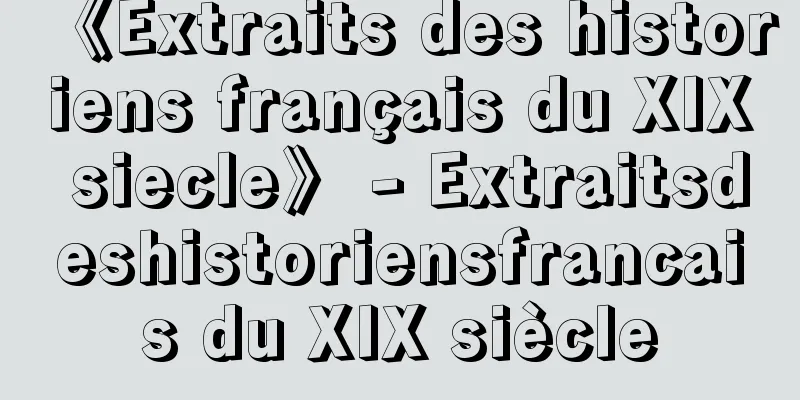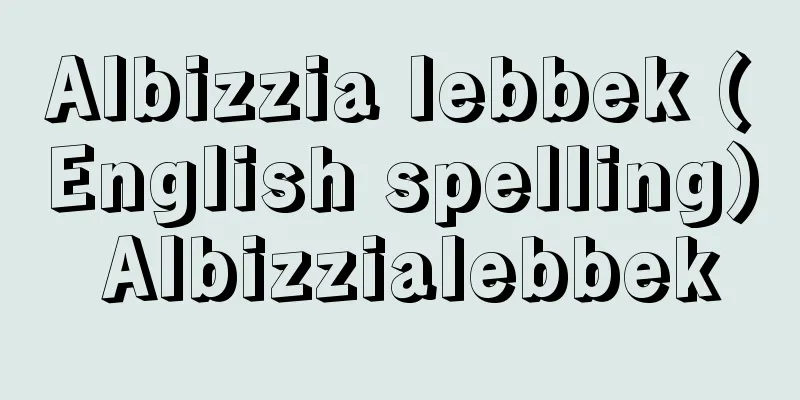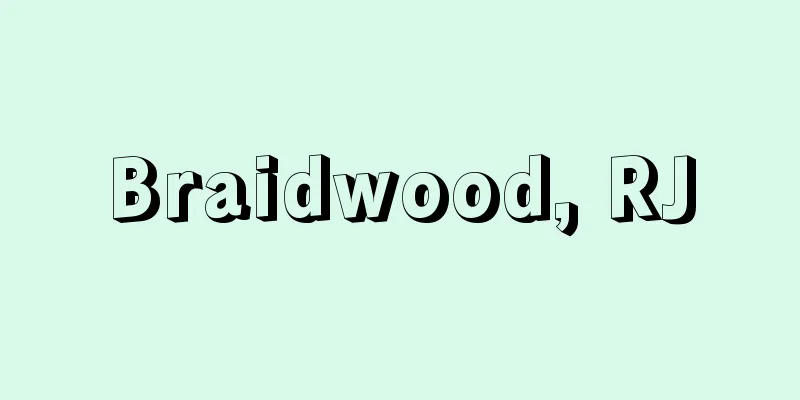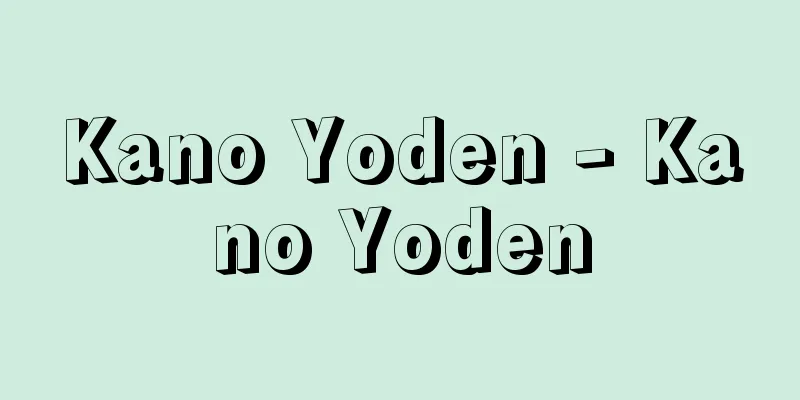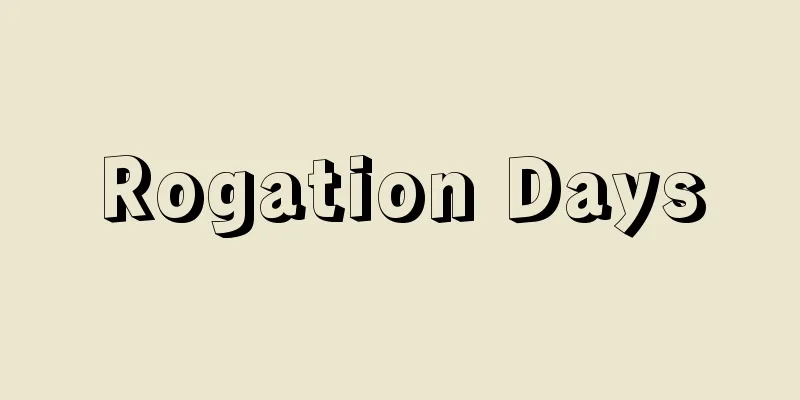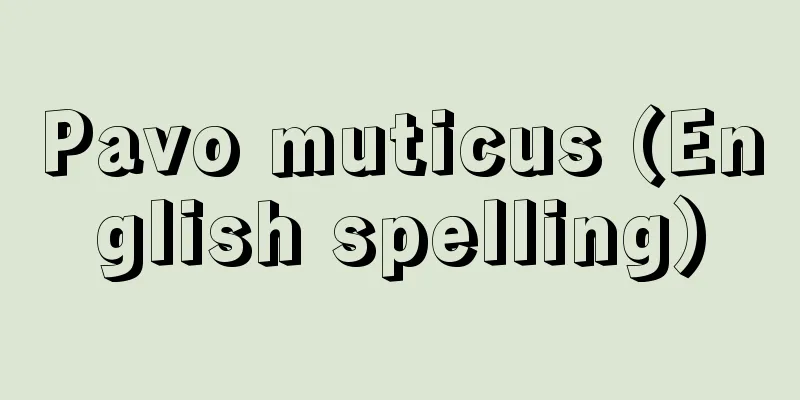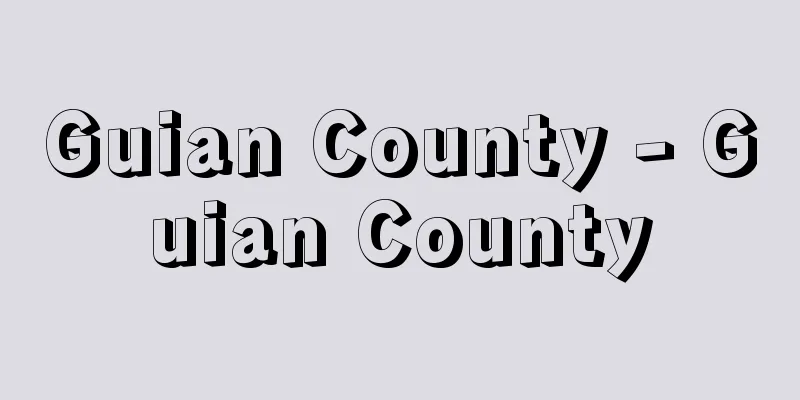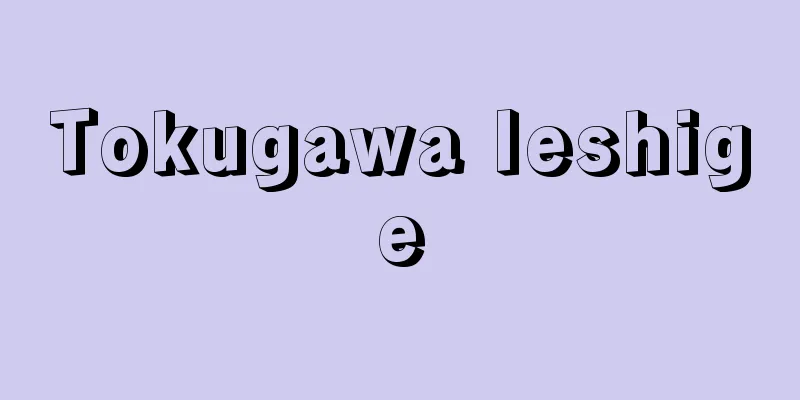Limited Approval - Limited Approval

|
Inheritance in which the heir pays off the debts and bequests of the deceased with the assets he inherited, up to the limit of his liability (Civil Code, Articles 922-937). The debts of the deceased are settled only with the inherited assets, and even if the inherited assets are insufficient, the heir is not obligated to pay them off with his own assets. On the other hand, if there is any surplus inheritance as a result of the settlement, it belongs to the heir. If it is clear that the inherited assets are negative, the heir can simply renounce the inheritance, but this system is effective when it is unclear whether they are positive or negative. In order to make a qualified acceptance, an inventory of the assets must be made and submitted to the family court within three months of learning of the death of the deceased (Civil Code, Article 924). If the inventory is not submitted within this period, or if the inherited assets are disposed of or hidden, it is deemed that an ordinary inheritance (simple acceptance) has been made (Civil Code, Article 921). In addition, if there are several heirs, they must all do so together in order to make a qualified acceptance (Civil Code, Article 923). While simple acceptance is unlimited liability, qualified acceptance is limited liability. Therefore, qualified acceptance, unlike simple acceptance, results in the child not taking on the parent's debts, and so it may seem immoral; however, there is a strong view that qualified acceptance is the fundamental principle of inheritance, in that parent and child have separate assets and a parent's creditors should not rely on the child's assets. [Yasuyuki Takahashi and Masamitsu Nozawa] [Reference] |Source: Shogakukan Encyclopedia Nipponica About Encyclopedia Nipponica Information | Legend |
|
相続人が、相続によって得た財産を責任の限度として被相続人の債務および遺贈を弁済する形の相続(民法922条~937条)。被相続人の債務は相続財産だけで清算し、たとえ相続財産で足りないときも、相続人は自己の財産で弁済する義務を負わない。他方、清算の結果、相続財産が余ればこれは相続人に帰属する。相続財産がマイナスであることが明らかなときは、相続人としては相続放棄をすれば十分だが、プラスかマイナスかわからないときにこの制度の効果が発揮される。限定承認をするには、被相続人が死んだことを知ったときから3か月以内に財産目録をつくって家庭裁判所に申し出なければならない(民法924条)。この期間内に申し出をしない場合、相続財産を処分したり、隠したりした場合などには、普通の相続(単純承認)をしたものとみなされる(同法921条)。なお、相続人が数人いるときは、全員いっしょでなければ限定承認をすることができない(同法923条)。単純承認が無限責任であるのに対して、限定承認は有限責任となる。したがって、限定承認は単純承認と違って親の借金を子が引き受けない結果となるため、道徳に反するかのように思われがちだが、親子といえども財産は別であり、親の債権者は子の財産まであてにすべきではないという点からは、むしろ限定承認こそ相続の本則であるとする考えも強い。 [高橋康之・野澤正充] [参照項目] |出典 小学館 日本大百科全書(ニッポニカ)日本大百科全書(ニッポニカ)について 情報 | 凡例 |
Recommend
Bestris - Bestris (English spelling) Gaetano Vestris
Italian dancer. Born in Florence. Studied under L...
Phaedra
…The only Roman tragedies we can read today are t...
《Leather Wallet》 - Kawazaifu
...The title of a Rakugo story. It is also called...
Touko Fujita
A Mito domain samurai and Mito scholar in the lat...
Eboshigo - Eboshigo
〘Noun〙① In the past, a samurai boy was given an eb...
Crispus Caesar, Flavius Julius
[raw]? [Died] 326. Polana. Eldest son of the Roman...
Mauritia mauritiana (English spelling)
...It is found in the tropical Pacific Ocean and ...
Machining Center
A machine tool that automatically performs complex...
Cherimoya (English spelling) Annona cherimola; cherimoya
An evergreen tall tree of the Annonaceae family. A...
Affine plane
...Therefore, in affine geometry, the metric stru...
Hadron - Hadron (English spelling)
A general term for elementary particles that have...
Vicenza
…He was born to a poor craftsman in Padua. In his...
Hollow Conger Eel (Cave Conger) - Hollow Conger Eel (English spelling) Synaphobranchus affinis
A marine fish of the family Anguilliformes and fam...
Tenna Shouishu - Tenna Shouishu
An account of the observations made in the early E...
International Social Security Charter
The Social Security Charter was adopted by the Wor...
